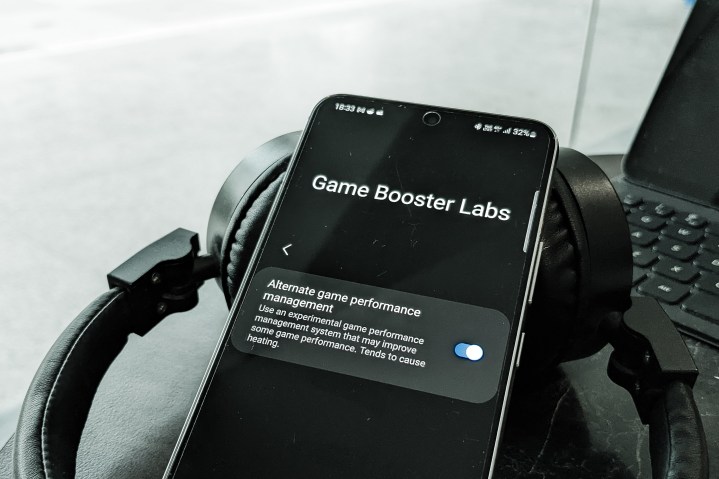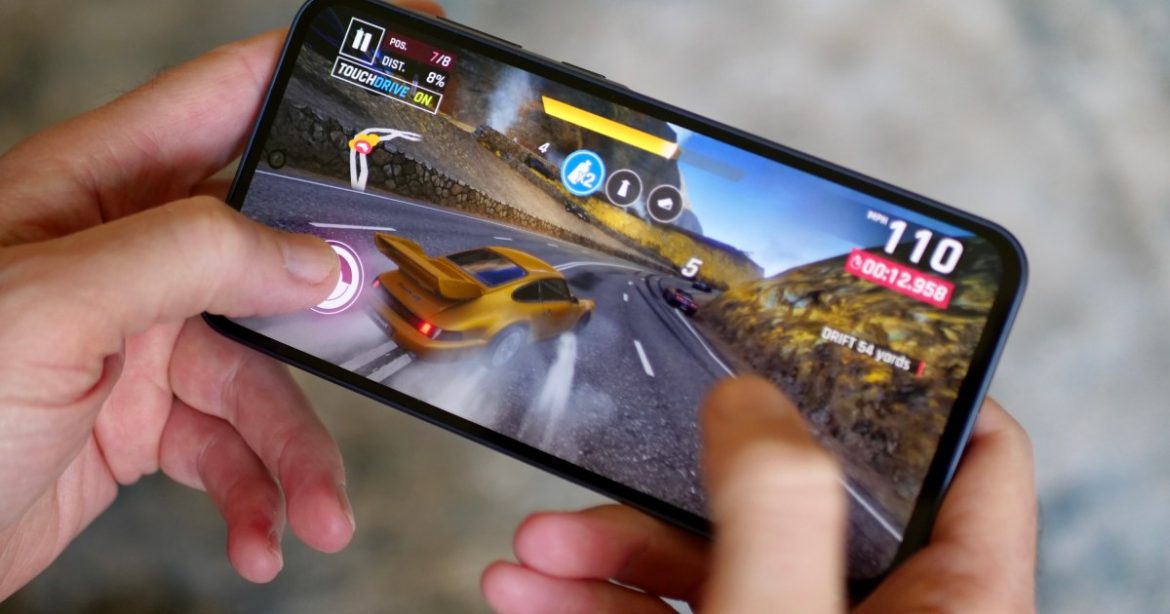The Samsung Galaxy S25 is set to blow fans away with its impressive specs, and the latest leak just lends more credence to those rumors. According to trusted leaker Jukanlosreve, Samsung is working on a “game mode” that will improve performance without generating a tremendous amount of excess heat.
Jukanlosreve speculates the game mode feature will utilize the Qualcomm Adreno Frame Motion Engine 2.0 (AFME 2.0), which is a technology that can double the frame rate in games without increasing its power usage. That means a smoother gaming experience without extra heat or a noticeable impact on battery life. Qualcomm writes that AFME 2.0 “provides realistic detail by generating high-quality scenes, doubling the frame rate while maintaining the same power consumption.”
This feature is notable for several reasons. Typically, improved gaming performance comes with a not-insignificant cost. You either need to pump more power into the GPU, affecting your overall battery life, or you drop graphical fidelity in exchange for a higher frame rate. Samsung’s Game Assist mode works by upscaling a game’s existing frame rate, usually from 60Hz to 120Hz.

The Game Assist feature is an evolution of Samsung’s existing Game Booster, a tool that essentially tracks what resources a game needs and optimizes the system settings while that game is being played.
-
The iPhone 16 just beat the Galaxy S24 in a 5G speed test. Here are the results
-
The Galaxy S25 may get the spec update it deserves
-
Here’s every color we expect for the Samsung Galaxy S25 series
This is great news for gamers on the go. There’s just one problem: a lot of mobile games don’t support high-refresh-rate displays. Plenty do, don’t get us wrong — popular titles like Dead Cells, Pokemon Go, and Minecraft all work swimmingly at 120Hz. While a lot of games are locked at 60Hz for stabilization reasons, manufacturers’ adoption of high refresh rates might be what game developers need to begin building game sfor more powerful phones.
It seems likely that Samsung will introduce this feature with the Galaxy S25 series in 2025, though it’s possible it’ll come to other Samsung phones, too. Qualcomm’s AFME 2.0 system is also supported by the Snapdragon 8 Gen 3 chip in the Galaxy S24 series, Galaxy Z Fold 6, and Galaxy Z Flip 6.




